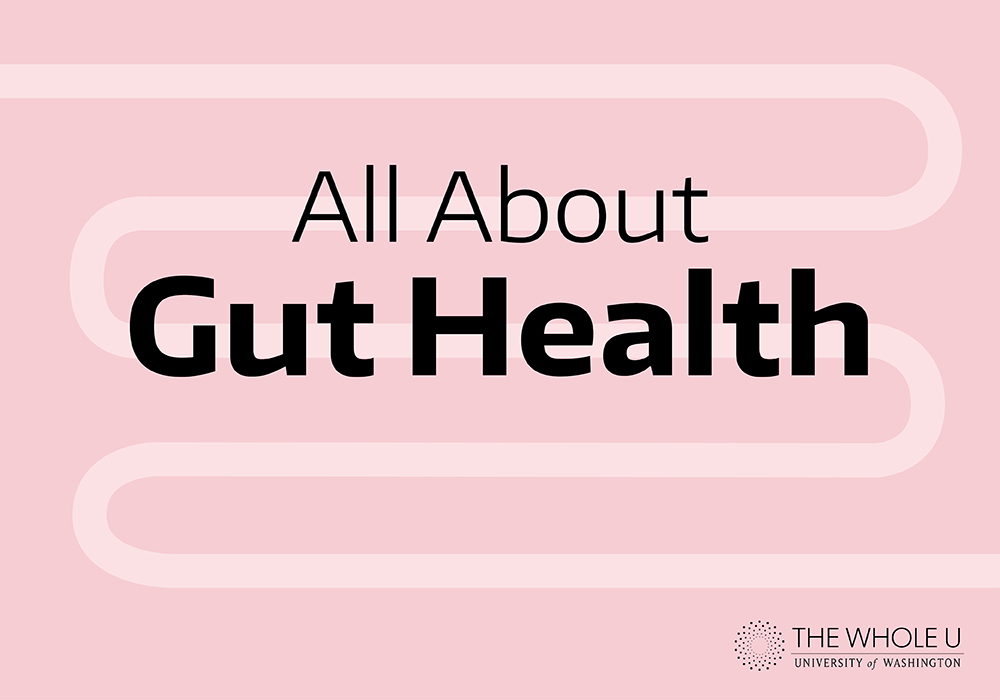
What Does Your Gut Tell You?
It takes guts to live in this world. That’s why we have a GI tract, an essential but often overlooked system of digestive organs.
“We take it for granted until it doesn’t work,” said Dr. Christina Surawicz, a clinical gastroenterologist at Harborview Medical Center. “If we have stomach pains or diarrhea, we start to pay attention.”
Nausea. Vomiting. Constipation. We’re all familiar with the trademark symptoms of GI problems. But most of the time our GI tract does its job well, and there’s not a lot we have to do to maintain it. The cells turn over every five to seven days, and even when the gut gets damaged, it recovers fairly quickly.
We heard all about this resilient system from Surawicz, a former president of the American College of Gastroenterology, at a recent Whole U seminar called “What Does Your Gut Tell You?”
The larger GI system includes the luminal gastroenterological tract (from the mouth down to the colon), the solid organs of the liver and the pancreas, and the not-so-solid organ of the gall bladder.
“The GI tract goes through the entire body, so you can have a wide variety of different diseases,” Surawicz said. “It’s not like the heart, where there’s a limited number.”
Researchers have found that our gut is essentially sterile when we’re born. Bacteria soon start to grow in our colon, some of which are acquired during childbirth in the birth canal and others from our environment. These bugs, which are collectively called the microbiome, live in our colon, mouth, and on our skin among other places.
Sound gross? They’re actually essential to our health. Our colon can’t digest all of the food we eat — think of seeing corn in your stool — but the microbiome can ferment those foods and turn them into beneficial fatty acids. It can also protect us from an infection called C. difficile (Surawicz is a leading researcher on the topic).
The microbiome is very good at what it does, so most people don’t need probiotics.
“Your bacteria are already well-established in your colon,” Surawicz said. “There’s not a lot of science supporting the need for healthy people to need probiotics at all. I think you should save your money and have a good meal instead.”
If you really want to be on a probiotic, Surawicz recommends kefir, a fermented grain drink. It’s affordable and nutritious. For people with specific conditions like IBS, there are some probiotics that may help some individuals with bloating.
As for what you can start doing right away to improve your gut health: “Have a balanced diet and exercise,” Surawicz said. “Exercise helps move things through.”
For those of you who missed Surawicz’s talk, here’s a video of a previous talk Surawicz gave.